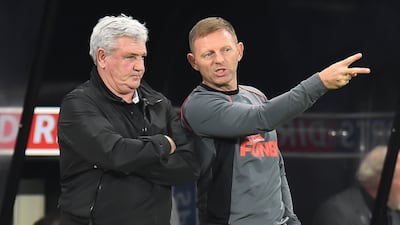For once, mutual consent may mean just that. Newcastle United’s new owners knew from the start that they wanted an upgrade on Steve Bruce. It was an inauspicious start when they left him in charge and in limbo for their first game, Sunday’s 3-2 defeat to Tottenham. His departure was inevitable and necessary; disliked by the fans, presiding over an increasingly shambolic side, he had looked bruised, battered and beleaguered.
For Bruce, leaving Newcastle feels a welcome relief. The dream job became a nightmare. Rejection by his fellow Geordies hurt; he was hounded out, in his own words, dismissed as a “stupid, tactically inept cabbage head.” He can pocket a huge pay-off and somewhere the businessman in Mike Ashley is presumably reflecting with glee that it has cost Saudi Arabia’s Public Investment Fund far more to sack Bruce than it did him to employ him.
That golden goodbye could cushion a passage into retirement. “I think this might be my last job,” Bruce told The Telegraph.
The strain on his family may have proved too much for one of the game’s great constants. If it is farewell, it is the conclusion to a career of remarkable longevity and endurance. He brought up 1,000 games in management on Sunday; he has been directly involved in each of the last 43 seasons.
The unsatisfactory ending and the vitriol should not obscure the reality that he is a fundamentally decent and likeable man; he is not destined to go down among the managerial greats but over 10 clubs and 11 jobs, he has accomplished much. Indelibly associated with Ashley on Tyneside, damned by comparison with his popular predecessor Rafa Benitez, he was afforded little credit for finishing 13th and 12th at St James’ Park but he ensured Newcastle remained attractive to prospective buyers.
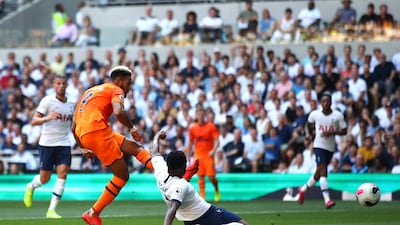
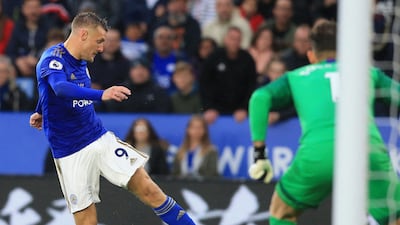

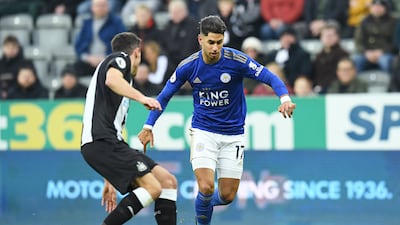
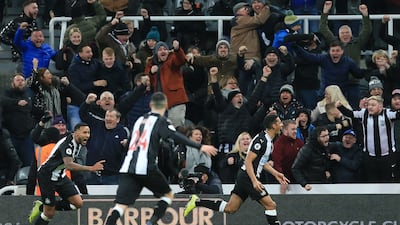

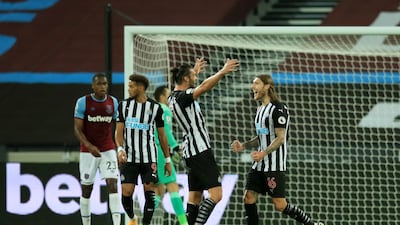
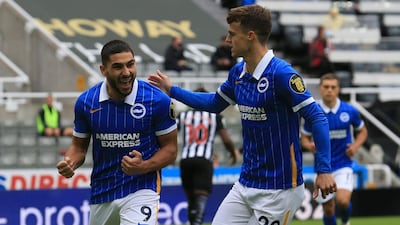
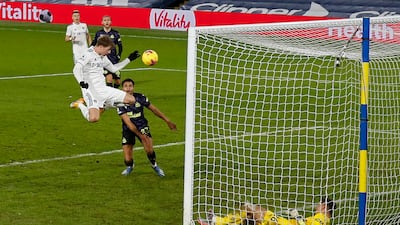

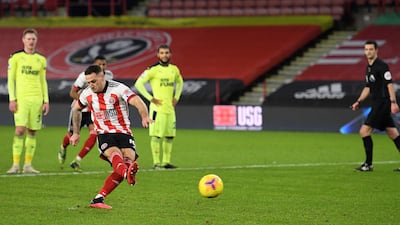
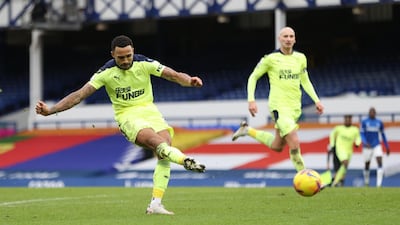
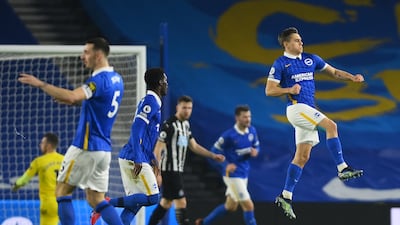
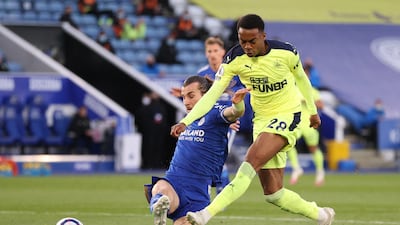
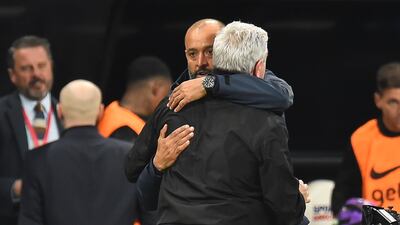
His former assistant Graeme Jones takes charge. Roberto Martinez’s long-term sidekick was widely believed to be responsible for Newcastle’s more attacking makeover in the second half of last season, after linking up with Bruce. His experiences on first Martinez and then Gareth Southgate’s backroom staffs mean Jones has helped take teams to the semi-finals of the World Cup and the final of Euro 2020.
Jones is seen as a more progressive coach than Bruce; another boyhood Newcastle supporter will not start out with the fanbase united against him. Yet the fact is that his only experience as a manager was a spell with Luton that ended with them 23rd in the Championship. He is not the long-term option, and probably not the medium-term one, either.
Jones scarcely looks a caretaker for the rest of the season, especially as the immediate priority must be to shore up a porous defence. Newcastle have conceded the most goals in the division; perhaps it bodes badly that Luton had the Championship’s worst defensive record, conceding 71 times, over Jones’ reign.
Whether his presence could tempt Martinez to Tyneside remains to be seen. The probability is that Newcastle will require at least two managerial appointments: those they can lure to a relegation-threatened team who cannot strengthen for 10 weeks might not prove the calibre of coach to help them realise their lofty ambitions.
The unemployed quartet of Paulo Fonseca, Eddie Howe, Lucien Favre and Frank Lampard have obvious appeal but differing backgrounds and attributes. Each might be able to secure the kind of bounce associated with new managers and to get Newcastle a belated first win of the season. Each would be hampered by the current squad, the underlying problems and December’s fixture list. None of which are Bruce’s problems any more. The unhappy alliance is over.
